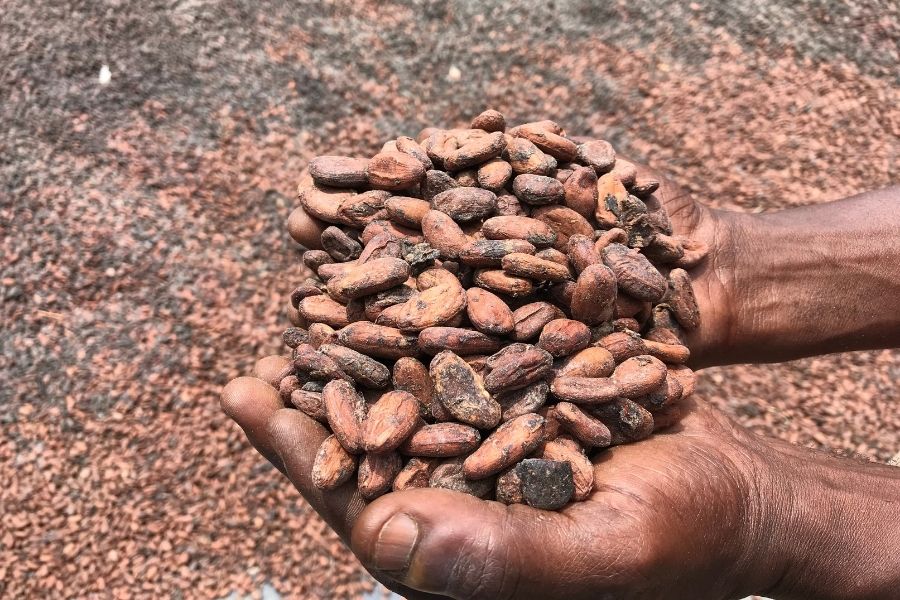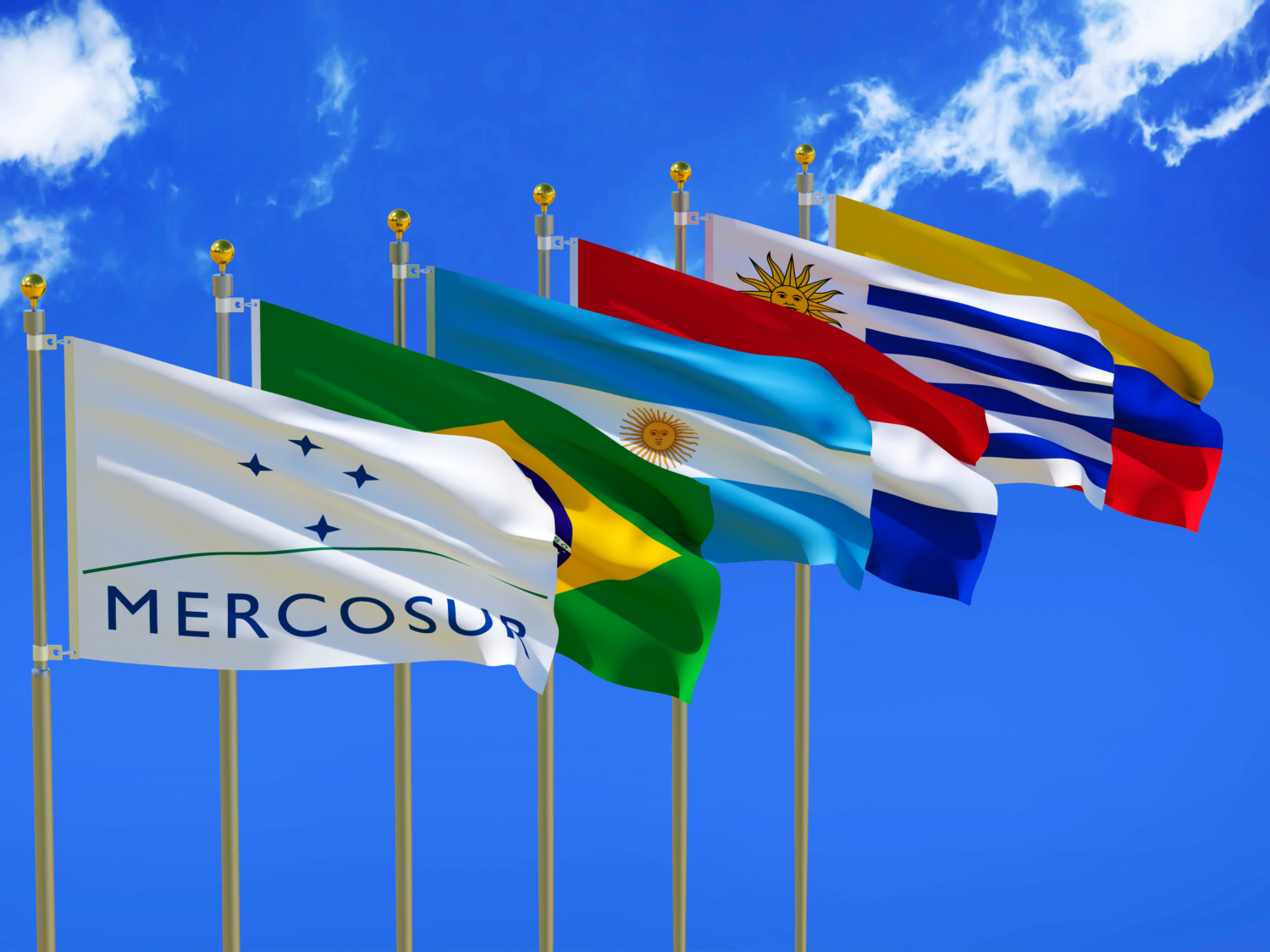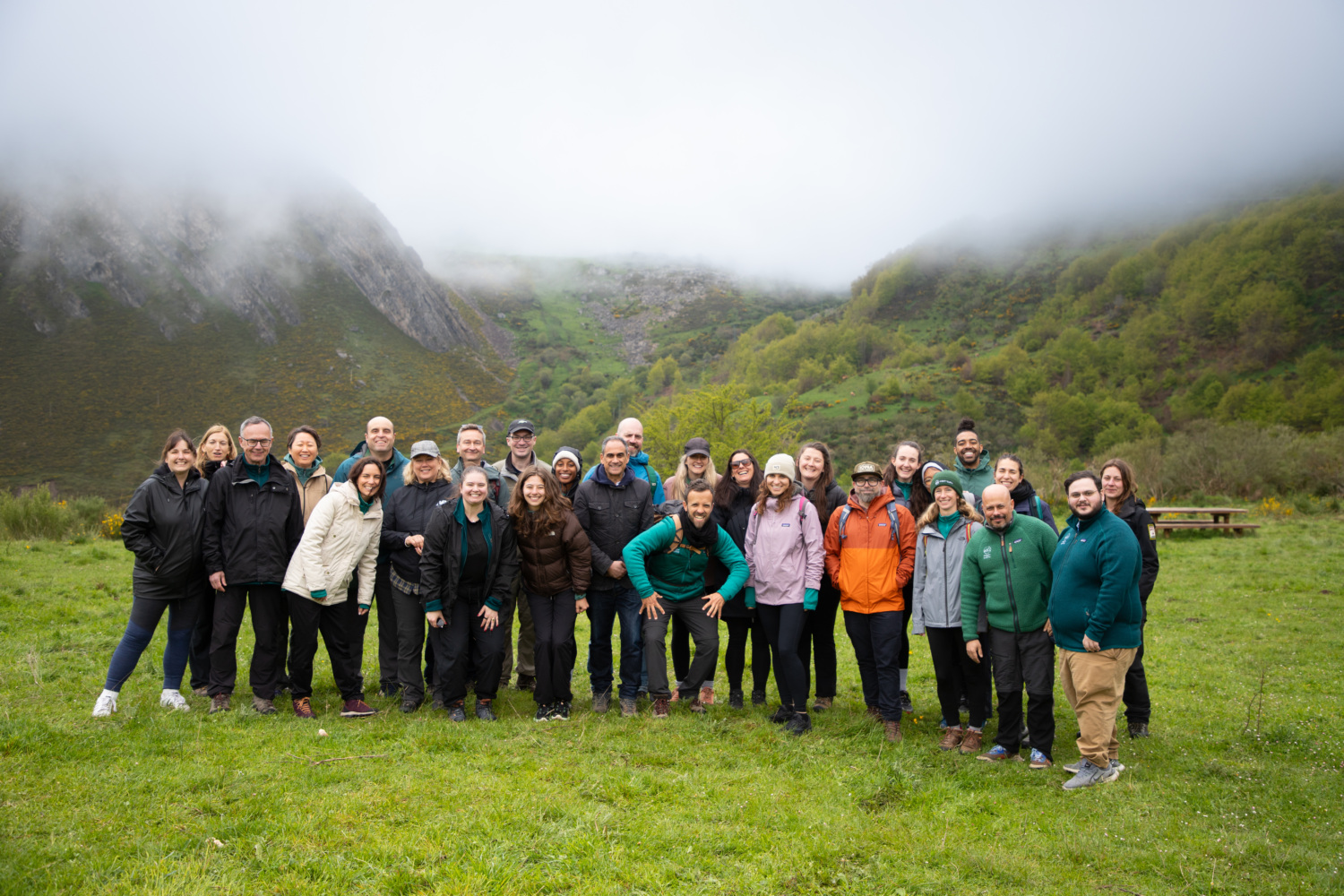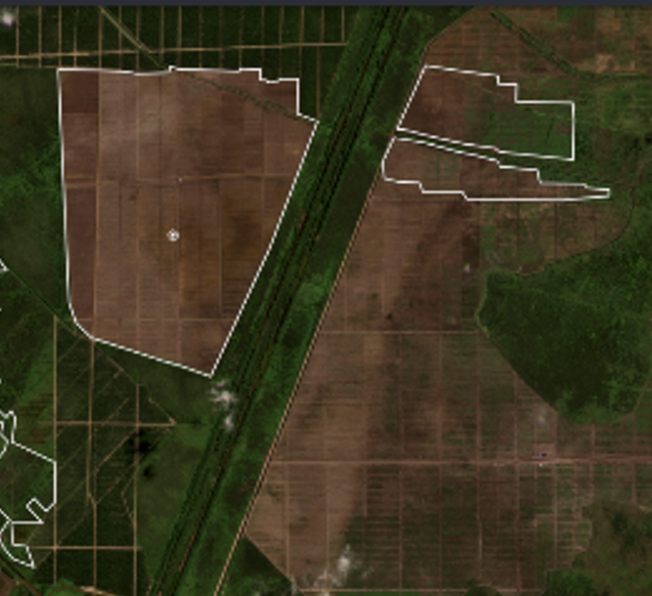
Good Eggs and Bad Eggs: how UK retailers fare on ethical chocolate
Link to Chocolate Scorecard here
The UK’s biggest retailer, Tesco, has been dubbed a “bad egg” for failing to disclose any details about how and where it sources cocoa for the many own-brand chocolate products it sells. For the second year running, the retailer has failed to take part in the Chocolate Scorecard, a global survey of the industry, which ranks companies on issues such as transparency and traceability, deforestation and child labour. M&S also refused to participate in the survey.
At the top of the leader board are Lidl and the Co-op, who are doing best amongst retailers on addressing child labour on cocoa farms and cocoa-driven deforestation, respectively. Waitrose and Sainsbury’s are in the middle of the table in which most retailers scored poorly, needing “improvement in policy and practice.”
Of the big chocolate brands, Tony’s Chocolonely and Ritter are out in front with “good egg” status, while Mondelez, which makes Cadbury’s chocolate, scored in the bottom half of the table.
Key findings:
- Traceability of cocoa has increased, but around 50% of supply chain is indirect (i.e. not traced to farm origin).
- 58 of the 63 companies said they had no-deforestation policies, but many do not have plans in place to effectively implement and monitor them to ensure compliance throughout their entire supply chains.
- Of the 63 companies that took part in the survey, only 6 are paying 100% of their farmers a ‘Living Income Reference Price’.
- 100% of companies have a public policy for monitoring, reducing, or eliminating child labour.
Dr Julian Oram, Senior Policy Director at Mighty Earth, which took part in the scoring, said:
“The chocolate brands doing the most to prevent deforestation in their cocoa supply chains are leading the way on both traceability and living income. You can’t help cocoa farmers protect forests unless you first know who those farmers are, and then reward them for growing cocoa sustainably. Companies like Tony’s and Ritter are showing where the whole industry needs to go.”
Cocoa and upcoming UK legislation
Cocoa is one of the five key forest-risk commodities which will be required to comply with Schedule 17 of the UK Environment Act (2021). For cocoa – either in raw or derived form – businesses will need to provide assurances through their annual reporting that the beans they purchase are not sourced from illegally deforested land.
Gemma Hoskins, Senior Director (UK) for Mighty Earth said:
“By refusing to participate in the Chocolate Scorecard, Tesco and M&S are keeping their customers in the dark about the impact of cocoa-driven deforestation on people and planet. With new UK legislation incoming, it’s time for the biggest retailers to get their act together and show transparency in cocoa supply chains to the farm level.”
===
Notes to editors:
The Chocolate Scorecard is led by Be Slavery Free working in coalition with consultants, universities and civil society groups worldwide.
Mighty Earth was involved in the scoring of the companies.
Methodology
Retailers answered the survey based on their own private label branded products that contain cocoa. That includes chocolate, but also ice cream, bakery, drinks – anything that contains cocoa. For many retailers a large part of that is chocolate confectionery.
There are a few questions about their sustainability policy towards branded products that they sell from other chocolate brands.
The full methodology is available here: https://www.chocolatescorecard.com/methodology/


